Tropical Dams: Ebullition Causes Methane Emissions Considerably More Powerful than CO2
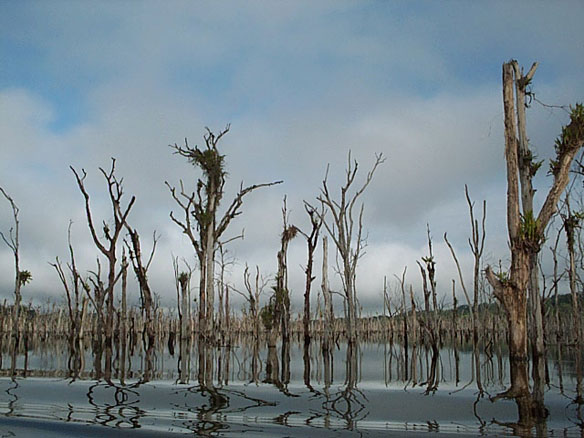
For the first time, methane emissions by ebullition from tropical reservoirs have been accurately quantified.
What Will Survive in Hot, Acidic Oceans?
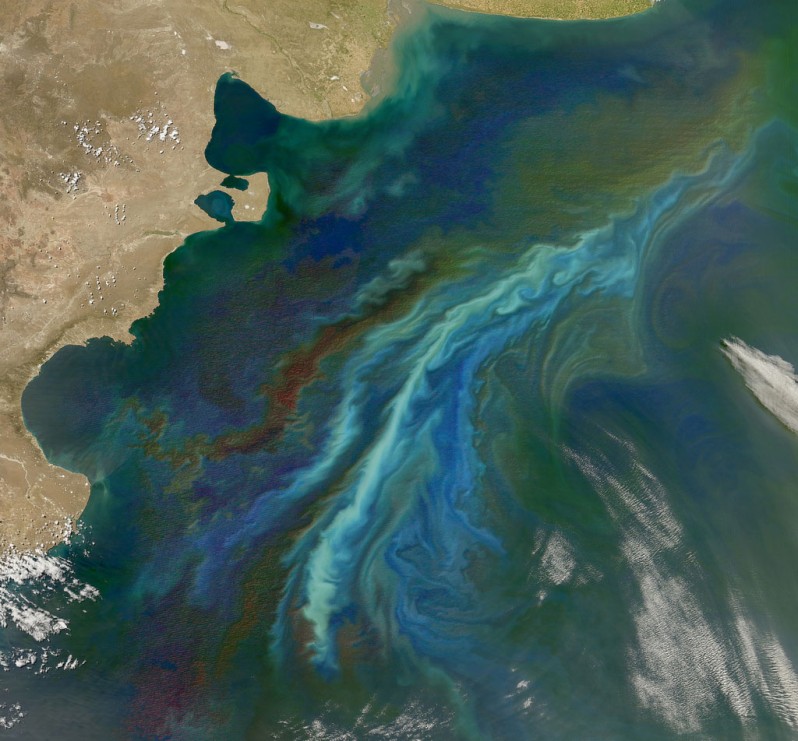
Most of global warming’s heat is ending up in the oceans, making the waters less hospitable for many species. New research suggests that at least one type of marine phytoplankton may respond via evolutionary change.
Historic Step Toward Superfund Designation Could Save Ocean Wildlife From Plastic Pollution in Hawaii
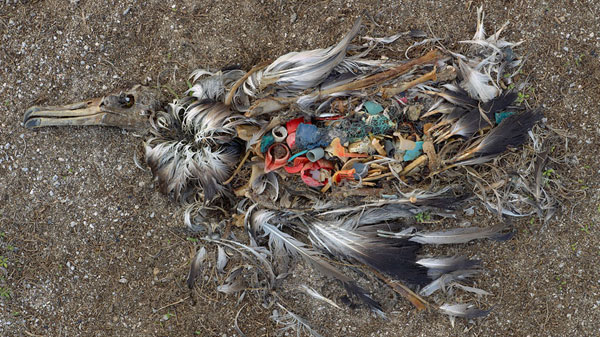
The EPA released an assessment September 9th,2014, documenting the hazard that plastic pollution poses to wildlife on Tern Island in the Northwestern Hawaiian Islands — a key finding that will advance Tern Island as a potential Superfund site, an area of toxic hazard singled out for federal cleanup. This is the first time the agency has ever considered using the Superfund program to address an area contaminated by plastic.
A Climate Movement That Can’t Be Ignored

September 21: That’s the day of the People’s Climate March, what promises to be the largest demonstration for action on climate change in world history. The people are united calling for action.
Salvadoran Farmers Stake Their Bets on Sustainable Development
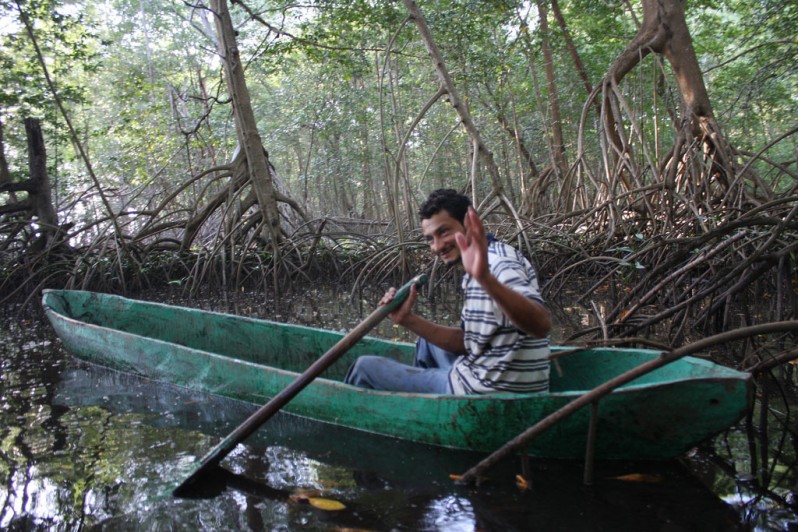
Peasant farmers from one of El Salvador’s most fragile coastal areas are implementing a model of sustainable economic growth that respects the environment and offers people education and security as keys to give the wetland region a boost.
20-Year Study Shows Levels of Pesticides Still a Concern for Aquatic Life in U.S. Rivers and Streams
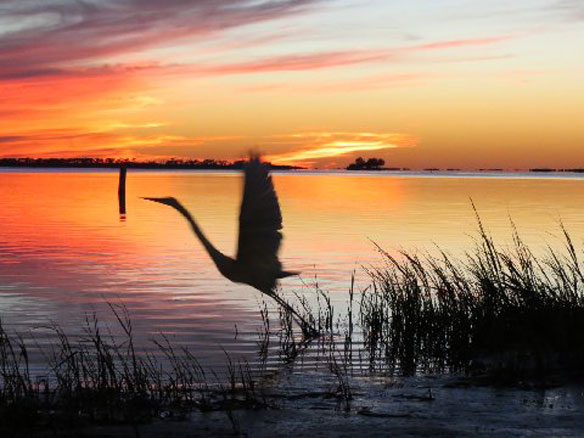
Levels of pesticides continue to be a concern for aquatic life in many of the Nation’s rivers and streams in agricultural and urban areas, according to a new USGS study spanning two decades. Pesticide levels seldom exceeded human health benchmarks.
Effect Of The Spanish Conquest On Coastal Change In Northwestern Peru
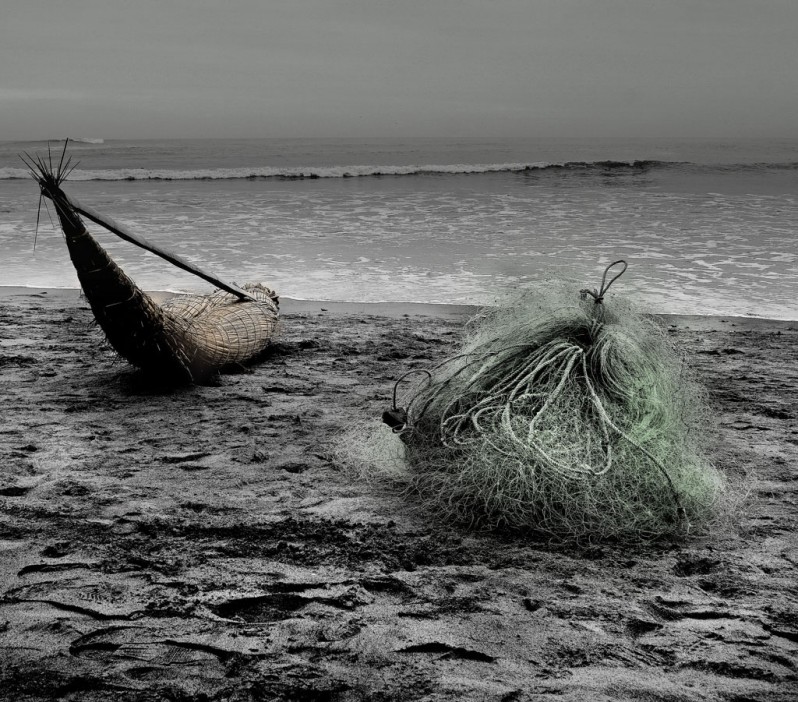
When Francisco Pizarro and his band of Spanish conquistadores landed in northern Peru in A.D. 1532 to begin their conquest of the vast Inca Empire, they initiated profound changes in the culture, language, technology, economics, and demography of western South America. They also altered anthropogenically modulated processes of shoreline change that had functioned for millennia.
As Arctic Melts, Shipping Traffic Blasts Wildlife
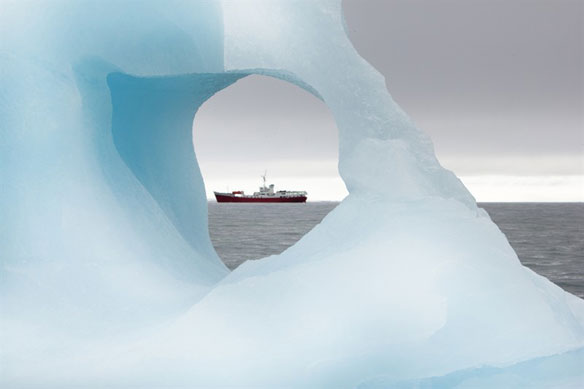
Year by year, summer sea ice in the Arctic is disappearing. Suddenly an area that has always been largely inaccessible is now opening up to new commercial opportunities: ship traffic, oil exploration and who knows what’s coming next.
California Plans Nation’s Most Detailed Sea Level Database
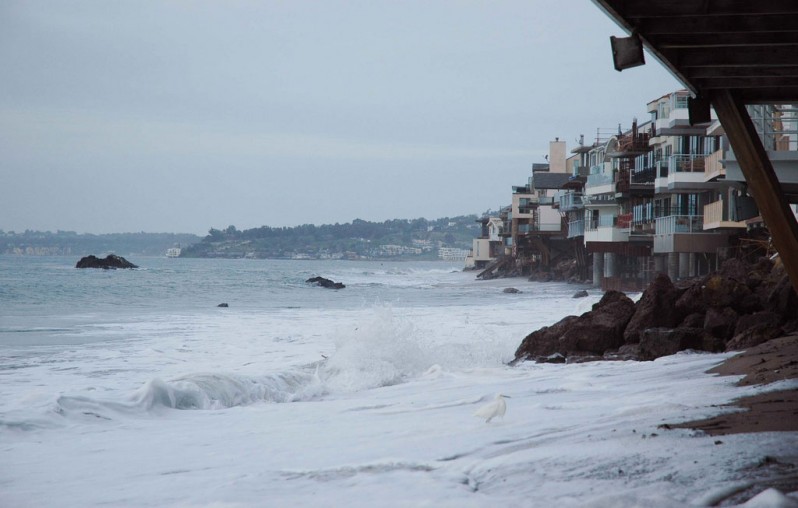
When you’ve got tens of millions of people living close to more than 1,000 miles of coastline, it could help to closely track the slews of steps being taken to protect homes, ports, roads, and other infrastructure from rising seas.
